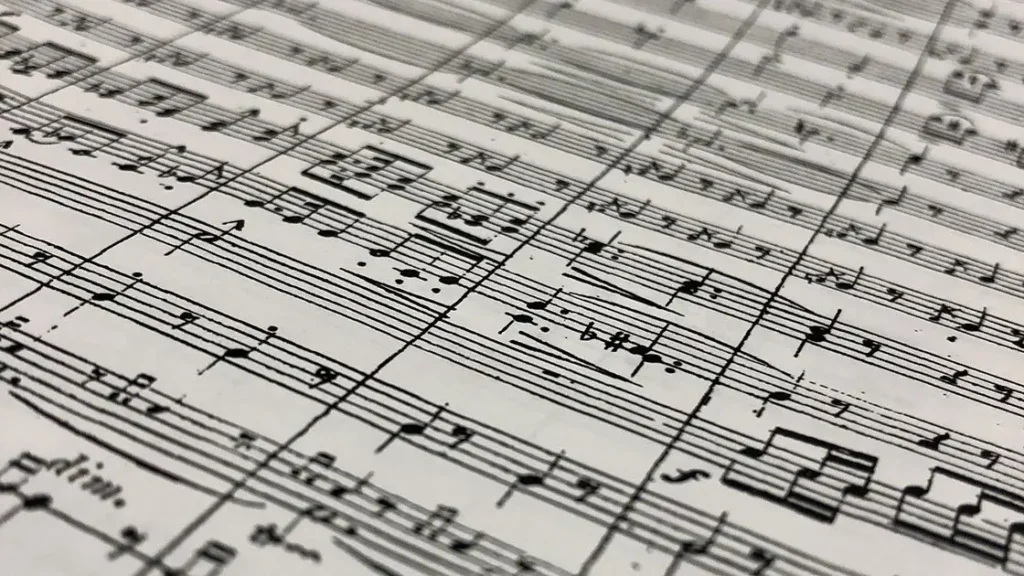By Katerina Dimarogkona,
The practice of playing by ear instead of by sheet music is almost magical. It is what bands do all the time when they just play without seeing the notes from anywhere. It seems like an innate talent, that is difficult, only for the few who can do it. But the thing is, it isn’t. It is attainable with the right teaching methods, patience and work. It is not an ability for everyone, not only for those with high musical intelligence, which makes it a mystery why music teachers almost exclusively never teach it.
If we take into consideration why most people want to play music in the first place, it becomes clear that learning how to play by ear at least a little is an indispensable skill. Almost everyone starts the difficult task of mastering an instrument to play the music they like for fun. Not to play serious classical music at a virtuoso level but for themselves, friends and family.
And the thing with classical music is that it is like marathon running. If you do not keep practicing, you lose much of the ability you had. I meet people who feel bitter that they cannot play any music at all now even though they reached a high level as children. With the passage of time, those of us who do not reach an almost professional level of musicianship stop practicing and become unable to play the songs we used to. I meet often people who regret learning how to play music because they never learned to do anything fun with it, and they subsequently forgot most of what they had learned. Much of what is left after many years of not taking music lessons is the ability to play simple songs by ear.

What we are not aware though is that with the classical training that is provided with music lessons, most people never develop this skill. If all the focus is on reading sheet music perfectly, then most people will need notes to play in any setting. And it becomes very frustrating when you want to play at a party, or anywhere not at home and you cannot because you have not brought the sheets with you.
It happens routinely that people reach a high level of musical competency and can play complicated classical pieces but cannot play even “Happy Birthday” without a piece of paper that names all the notes. In that sense learning how to create music on the spot is a tremendous capability. It is what we call the difference between a musician and a player. A musician can play music from thin air, while a player needs notes, and the music needs to come from an exterior source, or else the player cannot play, much like a youtube video cannot load without an internet connection.
The teachers seem to have the problem. Often, only classical music lessons are available, and teachers use these rigorous technical methods, used to teach those who want to become professional classical musicians. The vast majority of people who want to play music do not even have this as a goal in mind at all. Instead of interpreting Mozart perfectly, most just want to be able to play something beautiful, more loosely and freely than they are taught. Music lessons are not catered to the people actually learning music but to aspiring professional musicians.

This approach is chosen because of the respect teachers have for the music they teach, but the deep problem with this overly serious attitude is that it is kind of elitist, because it purposefully alienates most music students in the longterm. Music is for everyone, not just those who enjoy and are talented at playing classical music. All of us can and should express harmony and emotion musically. Sometimes only artistic expression can express those parts of ourselves that cannot be put into words.
Of those of us who started learning how to play an instrument as children, few continued for more than a couple of years, fewer still continue to play regularly as adults. I find myself often discussing why I quit learning how to play the piano, with other people who also quit their instrument of choice. There certainly exists a possibility that we are all lazy and bad at music. Or there is something else also going on. When we are not taught to play music we like, we lose motivation to keep practicing. For anyone who is interested, just trying to recreate pop songs on their instrument, or starting to Google instruction videos for how to play by ear is a great start. Who knows, it could be the start of a new, more meaningful relationship with music.




